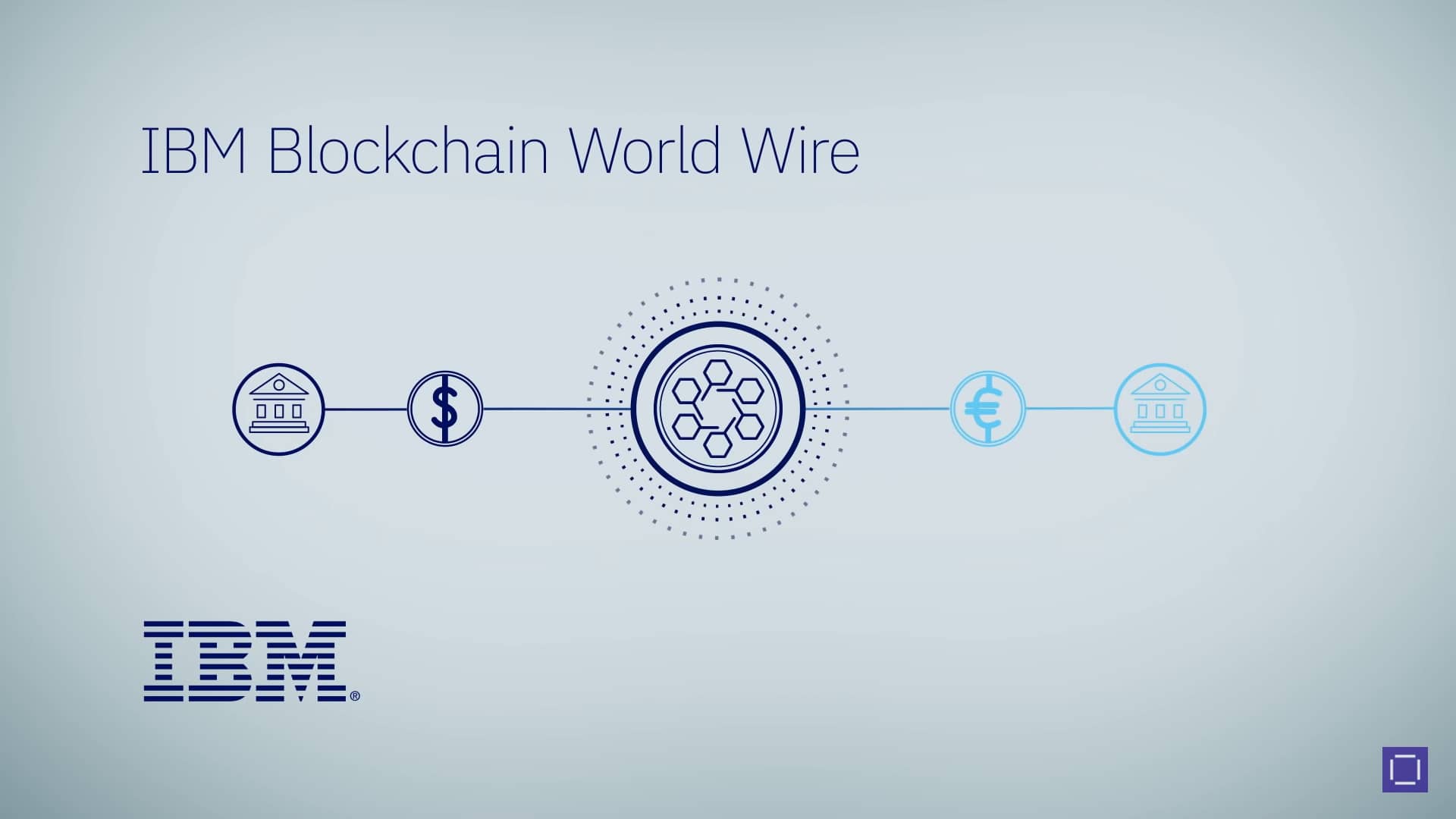Currently, there is a lot of talk about the role of the blockchain in transforming the automobile industry, and several automobile manufacturers have already embraced it.
Here we discuss how this innovation can contribute to the automotive industry.
How the Blockchain is Affecting Industrial Development
The blockchain is a digital ledger system used to record and share transactions. Since the invention of Bitcoin by Satoshi Nakamoto in 2008, it has been used in financial transactions, as well as in tracing digital assets such as documents, records, and other digital content.
Businesses as well as governments are interested in this technology. Although it was originally designed to buy, sell, and invest digital currency its uses are increasing every day, including its application for designing smart contracts.
The digital ledger is a secure, incorruptible system. Even though it is decentralized since no single entity is involved, it is also transparent as the verification process and all transactions are public.
Blockchain, Smart Contracts, And Self-Driving Cars
Decentralized and shared ledger technologies, such as blockchain and smart contracts, will enable the storage of vehicle identification, ownership, warranties, wear and tear, mileage, leases, loans, and parts and service information in an automated and decentralized manner.
Using Blockchain technology, transactions are recorded in a distributed ledger by using blocks of data. The contents of this ledger can be viewed and verified by any person or company with access to the internet. The decentralization of the ledger ensures both security and accountability.
However, besides its uses for cryptocurrency and smart contracts, the blockchain may also be able to contribute to the development of self-driving cars. This is where IBM comes into the picture.
How IBM is Using the Blockchain for Designing Self-driving Cars
As of 2019, IBM Corporation has filed a patent for a project that will use blockchain technology to enable the research necessary to build self-driving cars. Through this project, autonomous cars on the road will be able to communicate with each other and exchange information in real time between themselves to ensure the safety of all vehicles on a street or highway.
Using this breakthrough technology, several parameters are analyzed, such as time-to-stop, speed, and acceleration, to identify potentially risky driving behaviors.
IBM’s initiative revolves around the analysis of data with the help of blockchain technology. With accurate data analysis, automotive manufacturers will be able to make better decisions, reduce risks, and improve maneuverability in traffic, among other benefits.
Although data analysis is a complex task, the blockchain will make it much easier to crunch statistics and extract the most relevant insights on making safe self-driving cars.
As self-driving cars continue to gain popularity, the cybersecurity risks, designing safety features for pedestrians and drivers, testing and debugging autonomous vehicle technology, and legal issues remain. With the potential to be efficient enough for automotive innovation, blockchain technology might provide the solution to managing statistical data on self-driving car tests. The decentralized nature of blockchain technology and its immutability make it a better alternative to conventional methods for data evaluation. Despite this promising possibility, there are still many questions to be answered about the blockchain’s efficacy for this new use case.


